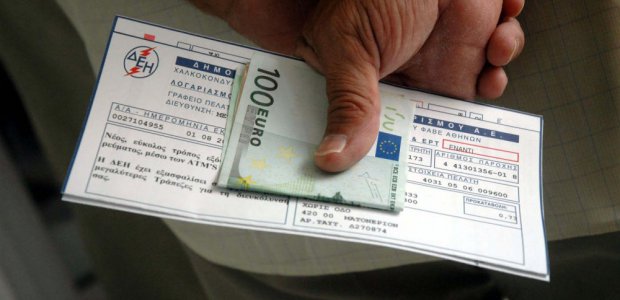The market value of cars owned by individuals and households applying for lower-cost electricity through the subsidized Social Residential Tariff (KOT) program will be factored in as a key criterion to determine whether they are eligible.
An upper limit in the value of respective car models owned by applicants will be included in KOT criteria revisions currently being prepared by RAE, the Regulatory Authority for Energy, for delivery to the energy ministry, energypress has been informed.
The car value factor will stand as a first-round test for KOT applicants. If passed, individuals seeking lower-cost electricity, reserved for the underprivileged but exploited by certain less needy households, will be subject to further criteria that already exist but may be slightly revised. These include income levels and property ownership.
Lower income groups are expected to be offered electricity discounts, protection from electricity supply cuts, as well as exemption from public service compensation (YKO) surcharges that are normally imposed on electricity bills, all as part of the government’s intention to offer energy cost relief to underprivileged households.
Electricity bill discounts are expected to reach as much as 90 percent of total amounts, depending on income levels, for a certain quantity of kilowatt hours required to cover basic needs.
RAE is striving to have the cost of this effort funded by the national budget rather than consumers, via the YKO surcharges included on their electricity bills.





